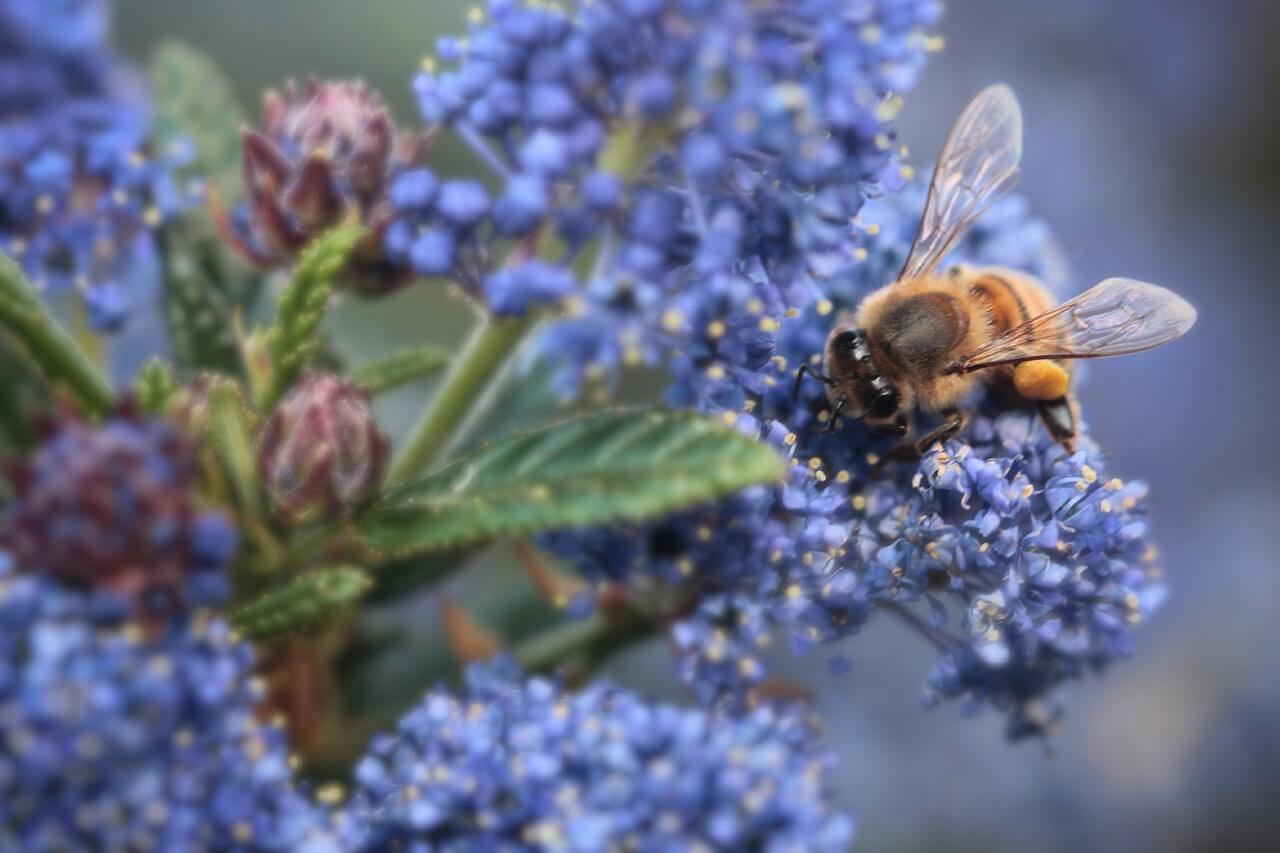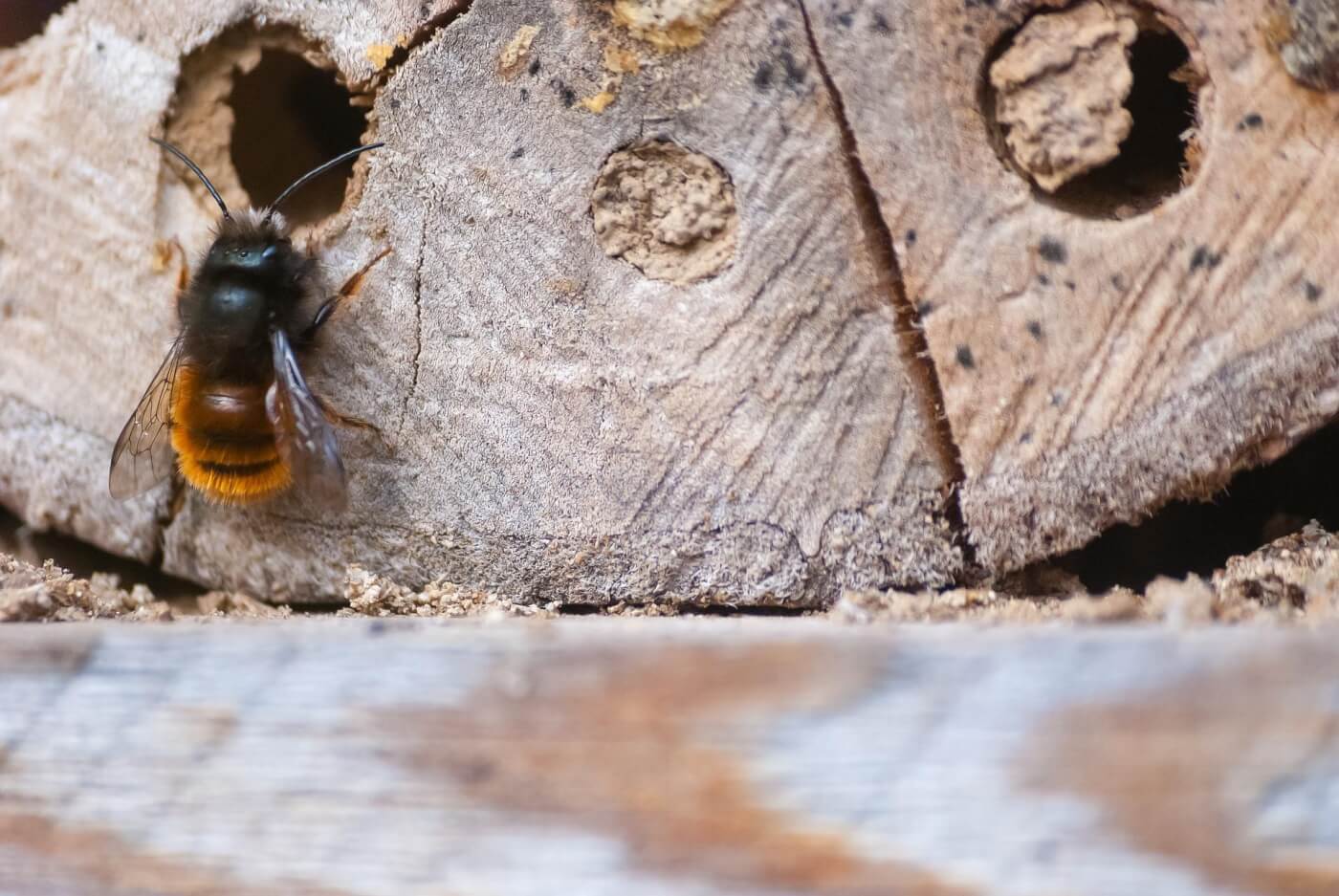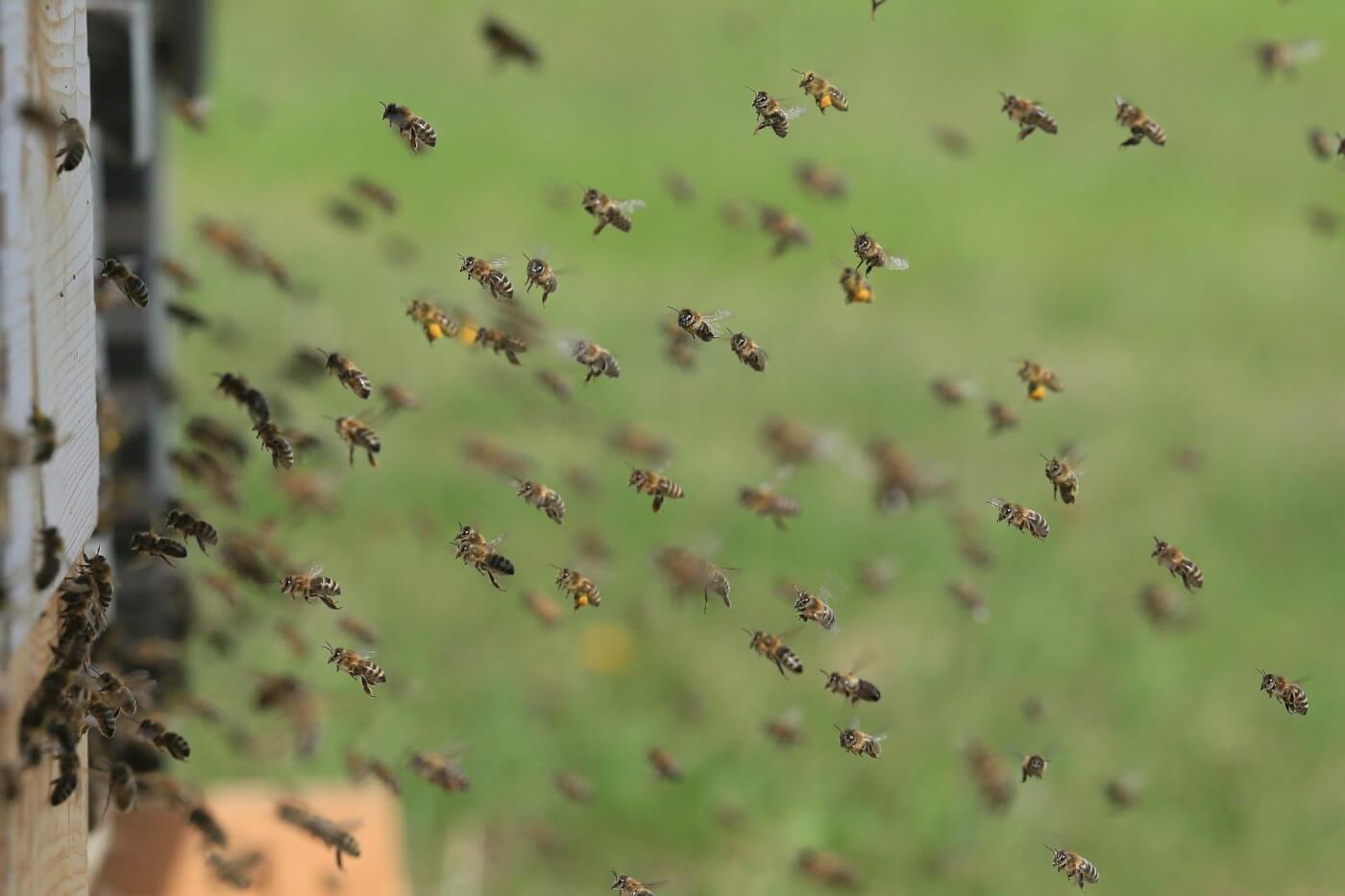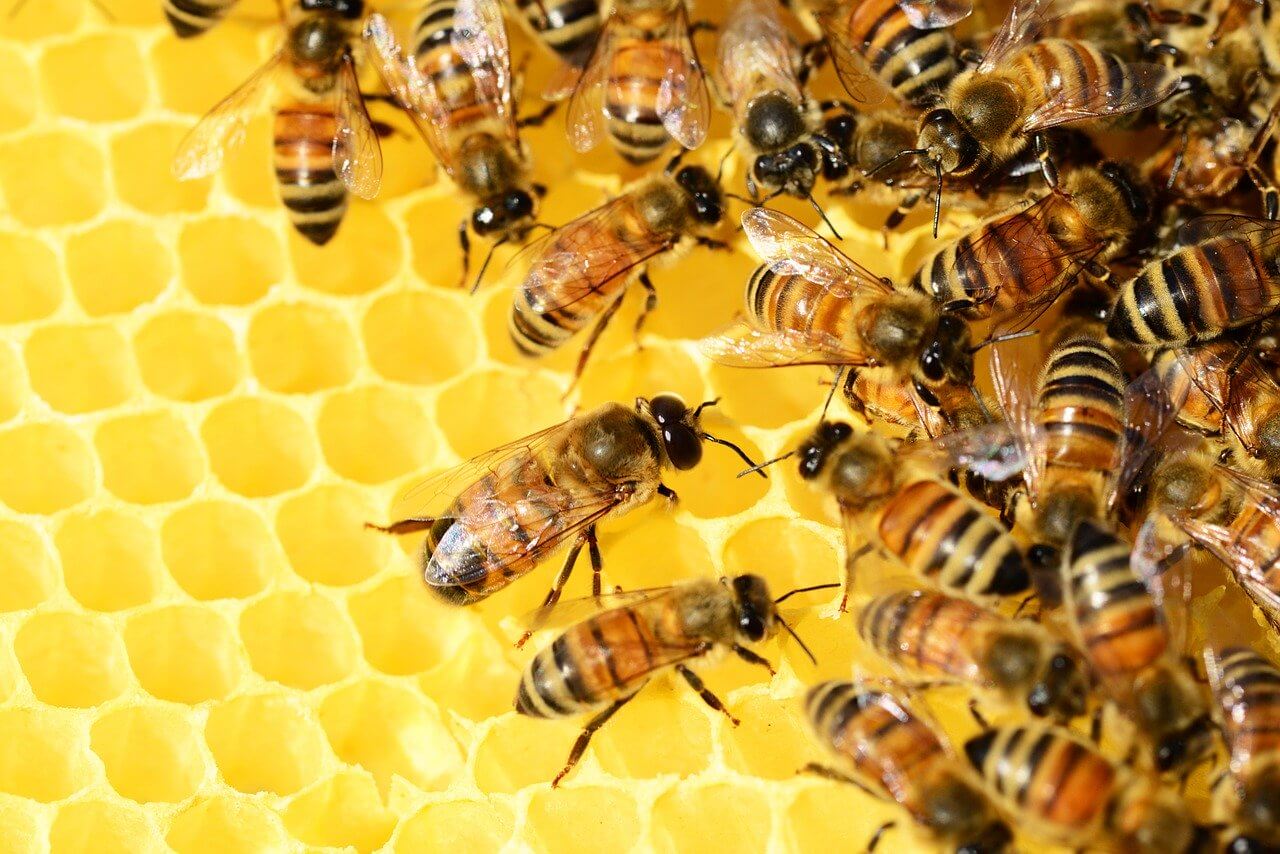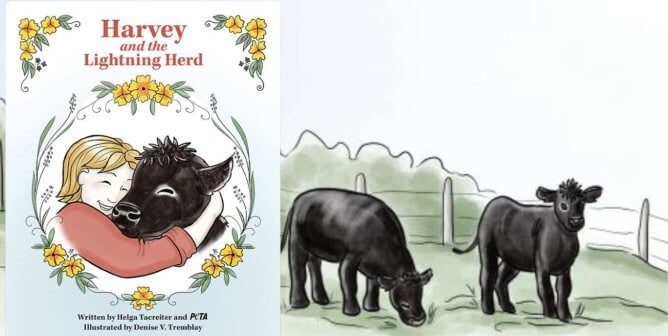Backyard beekeeping has been in the news in recent years, but saving the bees doesn’t mean breeding honeybees and stealing their honey. Much of the backyard beekeeping industry is rooted in speciesism, even as it claims to support these animals, because it assumes that we have a right to steal honey, beeswax, and honeycomb from bees who work hard to produce it for themselves.
If you’re thinking about getting into backyard beekeeping, here are some things you should know:
Backyard Beekeeping Doesn’t ‘Save the Bees’
When scientists talk about “saving the bees,” they aren’t talking about the species most backyard beekeepers exploit. The most common species used for backyard beekeeping is the European honeybee—a non-native, domesticated species imported to North America to be used in agriculture. These colonies compete for resources with native bees—who are actually much better pollinators and are the ones facing extinction—and other insects.
While honeybees are more interested in nectar, native species actively collect pollen. They’re also much better at pollinating native plants, which supports overall biodiversity and ecosystem health.
The best thing you can do to help bees is to support struggling native species by making your yard a haven, full of bee-friendly native plants and bee houses. Mason, leafcutter, and miner bees are just a few of the species you might spot, but there are more than 4,000 types native to the U.S.
Other Issues With Backyard Beekeeping
Many backyard colonies die because people don’t realize just how much work and responsibility are involved in keeping a thriving hive.
Honeybee colonies are highly susceptible to disease, poor nutrition, and parasites. Varroa mites can infest colonies—where they feed and live on larvae, pupae, and even adult honeybees—which can eventually lead to the spread of diseases and viruses, colony collapse, and death. Novice beekeepers might not have the knowledge, funds, or experience to manage infestations, which can also spread to nearby hives.
Taking Bees’ Honey, Comb, and Beeswax Is Inherently Speciesist
Bees produce honey and build comb from beeswax in order to nourish themselves and support their hives. Stealing their hard work is inherently speciesist—their honey belongs to them, not to us. Many people take up backyard beekeeping in order to have their own source of honey, while claiming to support bee populations. But most native species either don’t produce honey or don’t produce enough for humans to collect. If you really care about the well-being of these friendly pollinators, leaving them alone and simply turning your yard into a bee-friendly place are the best things you can do for them.
What to Do if You’re Already Beekeeping in Your Backyard
If you’re already caring for bees in your backyard, be sure you’re well versed in the proper care techniques so you can protect them from disease, Varroa mites, and other harm. Don’t be speciesist—stop stealing from bees for your own gain.
Do More to Help Bees
There are plenty of delicious sweeteners you can use instead of honey, including agave nectar and maple syrup. Be sure to buy beeswax-free cosmetics and soy-based candles for your home. Finally, support the local bee population by planting pollinator-friendly native plants, putting bee homes or hotels in your yard, and avoiding the use of pesticides.


